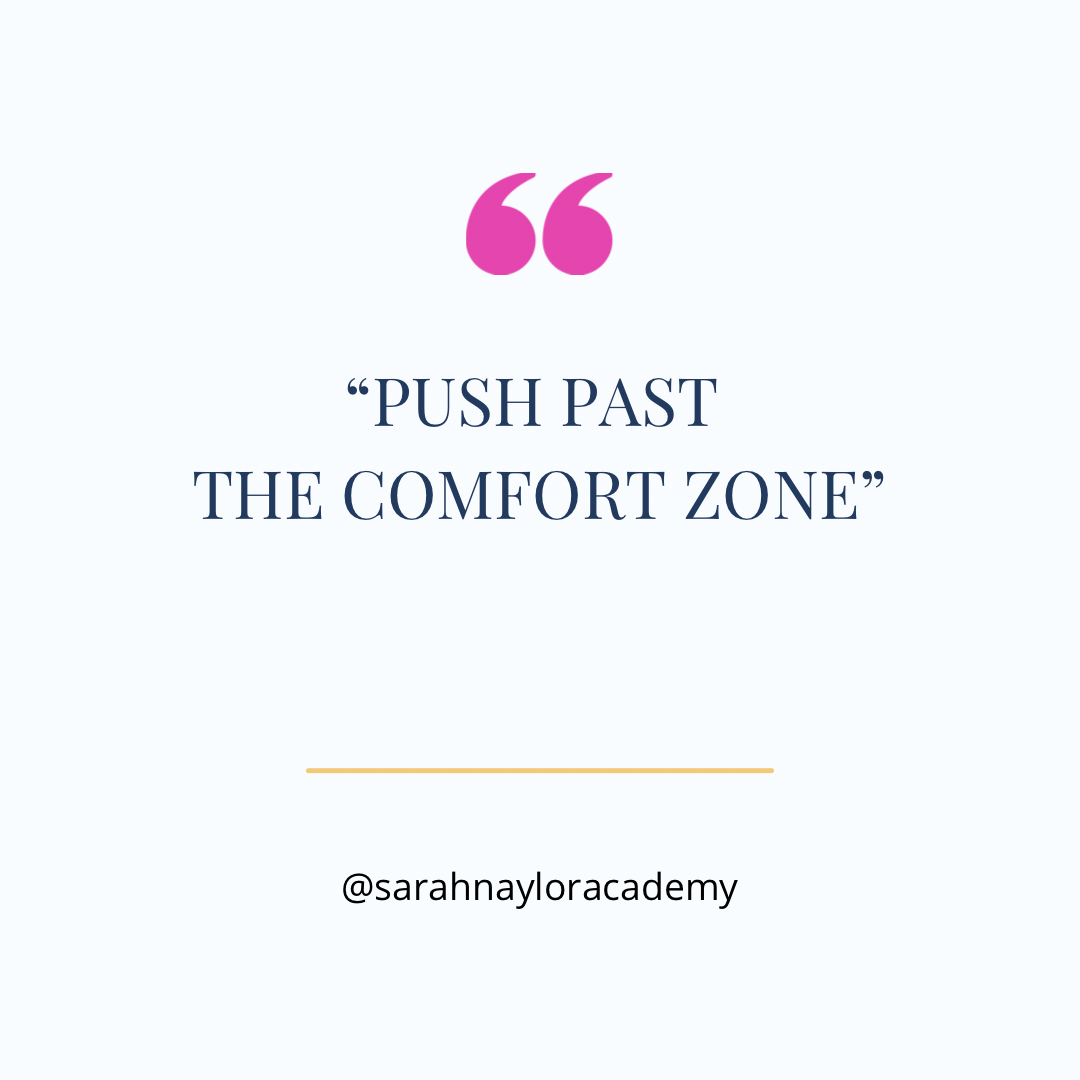The Benefits of Drinking Water: How Hydration Impacts Your Looks, Mood, Mental, Physical, and Physiological Health
Water is essential to life, making up about 60% of our body weight. Yet, despite its crucial role in nearly every bodily function, many people still don’t drink enough of it. The benefits of staying hydrated go beyond quenching your thirst—drinking enough water can enhance your appearance, boost your mood, sharpen your mind, and improve your overall health. Recently, I’ve become much more aware of the importance of hydration after a personal experience that left a significant impact on me. Here’s what happened and why I’m now a firm advocate for drinking enough water every day.
1. A Personal Wake-Up Call
A few months ago, I had to undergo a routine operation. However, what should have been a straightforward procedure turned into a more stressful situation. The medical staff struggled to draw blood, and the reason quickly became clear—I was dehydrated. What’s more, my recovery time was much longer than it should have been, and I felt far more fatigued than expected.
This experience was a real eye-opener for me. I hadn’t realised just how much dehydration could affect even the simplest of medical procedures, let alone my overall recovery. The incident served as a stark reminder of how critical proper hydration is, not just for daily health but for our bodies’ ability to heal and function under stress.
Adding to my concern, a family member recently passed away due to complications from low sodium levels, a condition closely tied to improper hydration. This heartbreaking event highlighted the severe consequences that can arise from not maintaining a balance of fluids and electrolytes in the body. It made me realise that staying hydrated isn’t just about drinking enough water; it’s about maintaining a balance that supports every aspect of our health.
2. Water and Your Appearance
One of the most visible benefits of drinking water is the positive impact it has on your skin. Dehydration can cause your skin to appear dry, flaky, and more prone to wrinkles. On the other hand, staying well-hydrated helps to maintain your skin’s elasticity, making it look plump and youthful.
Water helps to flush out toxins from your body, which can reduce the risk of acne and other skin issues. Proper hydration also ensures that your cells are adequately nourished, giving your skin a natural, healthy glow.
3. Water and Your Mood
Hydration plays a significant role in regulating your mood. Even mild dehydration can lead to irritability, anxiety, and mood swings. A study published in the journal “Appetite” found that individuals who were dehydrated experienced greater fatigue, tension, and anxiety compared to those who were properly hydrated.
Drinking water throughout the day can help stabilise your emotions, keep stress levels in check, and improve your overall sense of well-being. When your body is well-hydrated, it functions more efficiently, leaving you feeling more balanced and calm.
4. Water and Your Mental Health
Water is also crucial for maintaining mental clarity and cognitive function. Dehydration can lead to headaches, difficulty concentrating, and a decrease in cognitive performance. A study in “The Journal of Nutrition” highlighted that even mild dehydration can impair attention and short-term memory in women.
By drinking enough water, you ensure that your brain stays sharp, your memory remains strong, and your mental performance doesn’t suffer. Staying hydrated is particularly important during periods of intense mental activity, such as studying or working on complex tasks.
5. Water and Your Physical Health
When it comes to physical health, water is indispensable. It helps regulate body temperature, lubricates joints, and supports various bodily functions such as digestion, circulation, and nutrient absorption. Proper hydration is also essential for maintaining energy levels. Dehydration can lead to fatigue, muscle cramps, and a general feeling of lethargy.
For those who exercise regularly, drinking water is especially important. It helps to replace fluids lost through sweat, reduces the risk of heat-related illnesses, and supports muscle recovery. A well-hydrated body is more efficient in transporting nutrients and oxygen to your cells, which enhances your overall physical performance.
6. Water and Your Physiological Health
On a deeper physiological level, water is vital for kidney function and detoxification. The kidneys rely on water to filter waste from the blood and excrete it through urine. When you’re dehydrated, your kidneys must work harder, which can lead to a build-up of toxins in your body.
Adequate water intake also supports cardiovascular health by ensuring that your blood is properly diluted, which helps to prevent high blood pressure. Furthermore, water aids in digestion by helping to dissolve fats and soluble fiber, making it easier for your body to absorb nutrients.
Conclusion
In conclusion, drinking water is one of the simplest yet most effective ways to maintain and enhance your health. From improving your looks to boosting your mood and mental clarity, the benefits of staying hydrated are undeniable. My recent experiences have underscored how vital it is to make hydration a priority—not just to avoid inconveniences like difficult blood draws or prolonged recovery times, but to safeguard against more serious health risks.
By making water a regular part of your daily routine, you can support your body’s natural processes, prevent various health issues, and enjoy a higher quality of life. Aim to drink at least 8 glasses of water a day, and even more if you’re active, to experience these benefits for yourself. Your body will thank you!
Framework for Adding More Water to Your Diet
Increasing your water intake can have profound benefits for your overall health, but it can be challenging to establish a consistent hydration routine, especially if you're not used to drinking enough water. Below is an easy-to-follow framework that incorporates technology, practical tips, and adjustments to help you seamlessly integrate more water into your daily life.
Step 1: Set Your Daily Water Goal
Determine Your Ideal Intake:
The general recommendation is to drink at least eight 8-ounce glasses of water a day (about 2 liters or half a gallon). However, you may need more depending on your activity level, climate, and body size.
Use an App to Track Progress:
Download a hydration app like “Hydro Coach” “My Water” or “WaterMinder”. These apps help you track your daily water intake and adjust your goals based on your needs.
Step 2: Establish a Hydration Schedule
Set Hourly Reminders:
Use your phone’s timer or alarm feature to set reminders every hour or two to drink a glass of water. Apps like “Habit” or “Drink Water Reminder” can automatically send you push notifications throughout the day.
Create Habit Stacks:
Pair drinking water with existing habits. For example, drink a glass of water every time you check your email, before each meal, or when you wake up and before bed. This method, known as habit stacking, makes it easier to integrate new habits into your routine.
Step 3: Make Water Easily Accessible
Keep Water Nearby:
Always have a water bottle within reach, whether you’re at your desk, in the car, or on the go. This removes the friction of having to get up and find water.
Invest in a Good Water Bottle:
Choose a water bottle that’s easy to carry and holds a significant amount of water, like 1 or 2 litres. Some bottles even have time markers to show how much you should have drunk by certain times of the day.
Step 4: Adjust Gradually to Frequent Bathroom Breaks
Be Patient:
As you increase your water intake, you might find yourself needing to use the bathroom more frequently. This is normal and your body will adjust over time as it becomes more efficient at processing the extra water.
Plan Breaks:
If you’re concerned about frequent trips to the bathroom, plan your water intake around your schedule. Drink more in the morning and early afternoon, and taper off in the evening to avoid waking up during the night.
Use Bathroom Breaks as a Reset:
View these breaks as a chance to reset and stretch, rather than an inconvenience. Over time, your body will adapt, and the frequency should decrease as your bladder adjusts.
Step 5: Make Water More Enjoyable
Add Flavor:
If plain water is unappealing, try infusing it with natural flavors like lemon, cucumber, mint, or berries. This can make drinking water more enjoyable and encourage you to drink more.
Drink Herbal Teas:
Herbal teas count towards your water intake and can be a comforting way to hydrate, especially in cooler weather.
Step 6: Monitor and Adjust
Track How You Feel:
Pay attention to how your body responds to increased water intake. You may notice improvements in energy levels, mood, and skin appearance. Use these positive changes as motivation to stick with your new routine.
Adjust as Needed:
If you find the schedule too rigid or you're still struggling to meet your water goals, adjust the frequency of reminders or try different strategies like adding more water-rich foods to your diet (e.g., fruits and vegetables).
Step 7: Stay Consistent
Review Your Progress Weekly:
At the end of each week, review your water intake and see how well you met your goals. Apps often provide insights and trends, helping you stay motivated.
Celebrate Small Wins:
Reward yourself for consistency, whether it’s buying a new water bottle, taking a relaxing bath, or simply acknowledging your effort. Positive reinforcement makes it easier to maintain the habit.
Incorporating more water into your diet doesn’t have to be difficult. By setting clear goals, using technology to remind and track your intake, and gradually adjusting to the changes, you can establish a sustainable hydration routine. Remember, your body needs time to adjust, so be patient and stay consistent. Over time, drinking enough water will become second nature, and you’ll enjoy the numerous health benefits that come with proper hydration.



Leave a comment
This site is protected by hCaptcha and the hCaptcha Privacy Policy and Terms of Service apply.